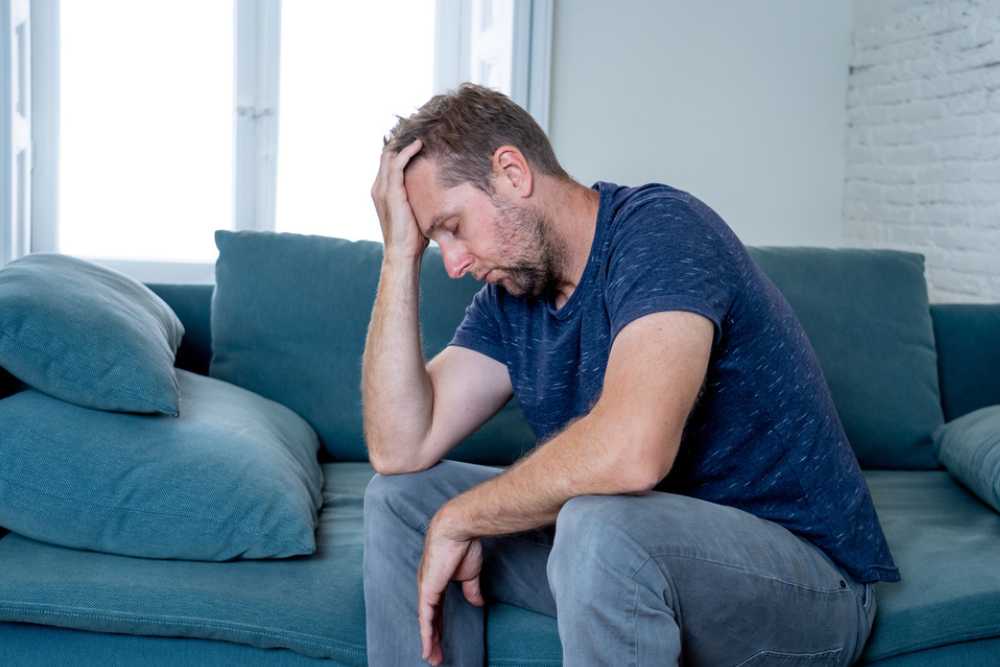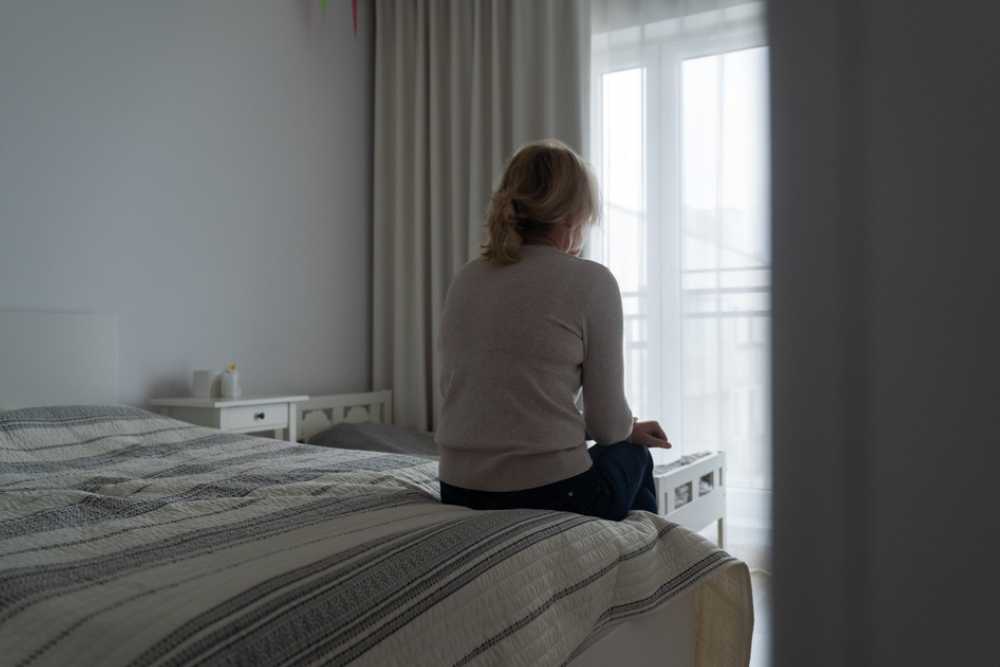Transcranial Magnetic Stimulation (TMS) therapy has demonstrated significant effectiveness as a treatment for various mental health conditions, particularly treatment-resistant depression. Research consistently shows that the Transcranial Magnetic Stimulation success rate is approximately 50-60%. In some real-world clinical settings, response rates have been reported to be even higher, reaching up to 83%.
The therapy’s success is typically measured in two categories: response rates, which indicate significant improvement in symptoms, and remission rates, which represent complete or near-complete symptom relief. For full remission, studies indicate that 30-35% of patients achieve this optimal outcome, though some clinical programs report remission rates exceeding 50%.
The effectiveness of TMS therapy for depression and other mental health disorders extends beyond just statistical outcomes, offering hope for individuals who have not found relief through traditional treatments like medication and psychotherapy. Most patients who benefit from TMS experience sustained improvements lasting six months or longer, making it a valuable long-term treatment option.
The therapy typically requires a series of sessions over several weeks, with comprehensive studies showing that nearly 58% of patients find relief after completing a standard course of approximately 29 sessions. These success rates are particularly encouraging given that TMS is primarily used for treatment-resistant conditions, where patients have already tried multiple other interventions without success, positioning TMS as a crucial advancement in mental health treatment options.

How Do the Success Rates of TMS Compare to Antidepressant Medications?
When comparing TMS therapy to antidepressant medications, the success rates reveal significant differences, particularly for treatment-resistant depression. Traditional antidepressant medications only relieve depression symptoms in about one-third of patients who take them, while treatment response from baseline symptoms following first-line treatment with SSRIs is moderate, varying from 40 to 60%, with remission rates varying from 30 to 45 %.
The durability of treatment effects also favors TMS therapy over antidepressant medications. Research has shown that 75% of patients who achieved a positive response from an antidepressant/antidepressant and psychotherapy treatment experienced a depression relapse, while only 25% of patients who achieved remission experienced such a relapse. Overall, the Transcranial Magnetic Stimulation success rate offers a more promising alternative with comparable therapeutic effects to antidepressant treatment, but with fewer side effects, making it particularly valuable for patients who have not responded well to medication-based approaches.
Does the Success Rate of TMS Differ for Anxiety, OCD, or PTSD?
Yes, the success rates of TMS therapy do differ significantly across mental health conditions, with varying levels of research support and FDA approval for each:
- Anxiety Disorders: For patients with anxiety, only a handful of studies have focused exclusively on anxiety, making the evidence base more limited. However, early research shows promise, with one study reporting nearly 80% of participants responded to treatment, with 33% achieving remission for generalized anxiety disorder and occupational stress.
- Anxious Depression: This condition shows stronger research support and better-established success rates. After at least 20 TMS sessions, about 50% of patients experienced reductions in anxiety symptoms, and 30% achieved remission. However, treating anxious depression is more challenging, so success rates tend to be slightly lower compared to depression alone.
- OCD and PTSD: While Obsessive-Compulsive Disorder (OCD) significantly impairs patients’ quality of life and frequently co-occurs with Major Depressive Disorder, research suggests TMS may be beneficial for these conditions, but the evidence is still developing compared to depression treatment.
Mental Health Treatment That Works
Call 949-625-0564What our customers are saying
How Many People Experience Full Remission After TMS Therapy?
Based on current research, the rates of complete remission after TMS therapy vary depending on the specific type of TMS used and the condition being treated. For traditional repetitive TMS (rTMS), 30–35% achieve full remission, according to recent data. This aligns with earlier research showing that about 50% of patients with depression respond well to the original and most widely available method.
In practical clinical applications, some facilities report even higher success rates. In real-world settings, more than half may achieve full remission, suggesting that when TMS is properly administered with appropriate patient selection, remission rates can exceed research trial outcomes. The variation in remission rates largely depends on the specific TMS protocol used, with newer, more precisely targeted methods showing substantially higher rates of complete symptom relief compared to traditional approaches.
What Percentage of Patients Need Maintenance Sessions After TMS?
The percentage of patients who need maintenance sessions after TMS therapy varies, but research provides some precise data on this critical aspect of treatment. Recent findings report that approximately one-third of patients who initially respond to TMS will need some form of maintenance treatment within the first year. Some people never need maintenance treatment following TMS, while others may require periodic booster sessions.
For those who do receive maintenance treatment, the benefits of TMS treatment in Southern California can be substantial and long-lasting:
- Studies show that TMS maintenance sessions can be beneficial, sometimes allowing patients to remain symptom-free for up to eight years.
- Even those who require maintenance often need only minimal additional treatment to maintain their improvement.

Key Takeaways on Transcranial Magnetic Stimulation Success Rate
- TMS therapy demonstrates significantly higher effectiveness than traditional antidepressant medications, particularly for treatment-resistant depression.
- Success rates differ by condition, with depression having the strongest evidence base, anxious depression showing slightly lower but still substantial success rates, and pure anxiety disorders having limited but promising research.
- TMS offers durable improvements, with many patients experiencing benefits that last six months or longer.
- Only about 36% of patients require maintenance sessions within the first year after completing TMS treatment, meaning the majority maintain their improvements without additional treatment.
- TMS is particularly valuable for patients who haven’t responded to traditional treatments, with real-world clinical settings reporting response rates as high as 83% even in treatment-resistant populations.
Gaining access to TMS treatment is expanding as lower insurance requirements have significantly increased accessibility to TMS therapy for individuals seeking mental health treatment. As insurance providers have recognized the efficacy of TMS, many have begun to reduce prior authorization requirements and expand coverage criteria, making it easier for patients to receive this innovative therapy. This shift not only lowers the financial barrier for those struggling with treatment-resistant depression and other mental health disorders but also promotes awareness of TMS as a viable option for mental health recovery.
If you’re in Southern California and seeking effective treatment options for mental health disorders, consider reaching out to Moment of Clarity at 949-625-0564. Our network of mental health treatment centers in Southern California specializes in TMS, a non-invasive procedure that uses magnetic fields to stimulate nerve cells in the brain. The Transcranial Magnetic Stimulation success rate has shown promising results in helping individuals manage conditions such as depression, anxiety, and PTSD. By calling, you can get detailed information about our TMS program and discover how it may benefit your mental health journey.
Resources
- McGovern Medical School –A New Consensus on Transcranial Magnetic Stimulation (TMS)
- ScienceDirect –Patterns, predictors, and effectiveness of TMS for treatment-resistant OCD: A naturalistic study
- UCLA Health –Study finds possible early predictor of successful transcranial magnetic stimulation therapy for major depression




